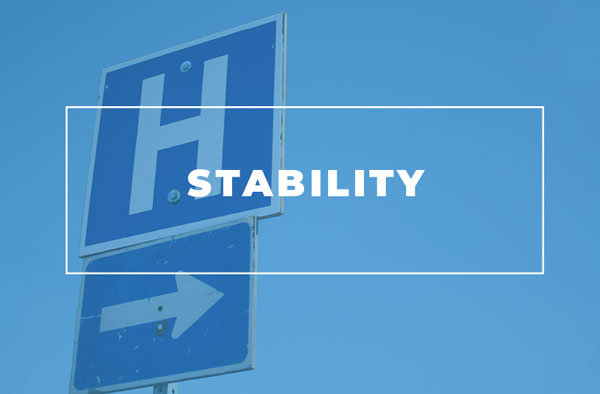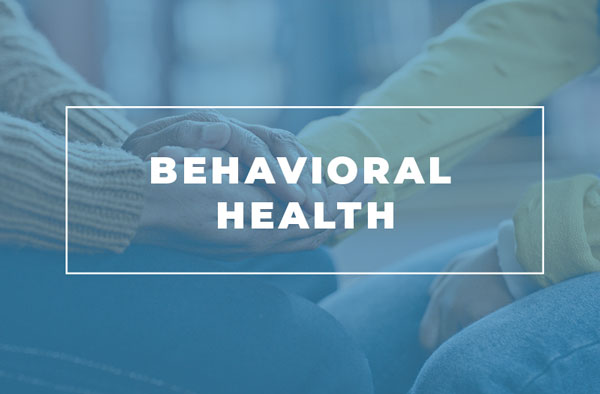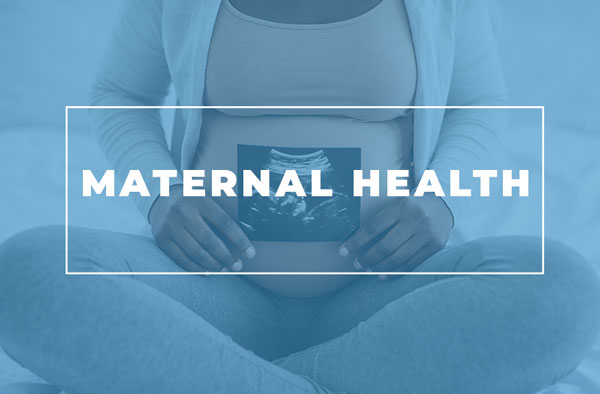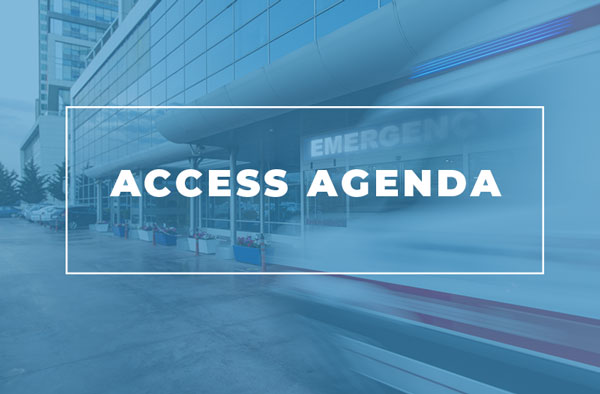
Patients’ access to care depends on a robust health care workforce. Staffing shortages remain a top challenge across the entire health care sector, both statewide and nationally. Lack of staff in every care setting makes it increasingly difficult to move patients throughout the continuum, resulting in longer emergency department waits, delays in care, and, in some cases, hospitals having to reduce available beds and discontinue services. These challenges will only worsen as the commonwealth ages and requires more care.
Hospitals and health systems are developing, recruiting, and retaining health care professionals and are making progress reducing turnover and filling vacancies. State investments and policies must strengthen these efforts.
HAP advocates for policies that:
- Make health care education more accessible by funding scholarships and loan forgiveness; investing in health care education programs; and increasing educators.
- Support health care professionals by enhancing workplace safety, empowering providers to practice at the top of their license, investing in wellness, and enabling technology that supports clinicians.
- Increase providers by expanding career pathways that grow and diversify the workforce, incentivizing clinicians to practice in underserved communities, and increasing J1 visas.
More information and resources:
Return to top

Hospitals—and the care they provide—are in jeopardy. Fewer than half of Pennsylvania's acute care hospitals are operating with margins necessary for long-term stability and more than a third are operating at a loss. Record inflation, rising drug prices, and surging staffing expenses have pushed the cost of delivering care well beyond payments from government and private insurers. While these issues affect hospitals in every community, rural hospitals face unique challenges that put their ability to serve their communities at risk.
Hospital are critical to the health, economies, and vitality of their communities. It is essential to protect access to hospital care by aligning payments with the actual cost of care and eliminating outdated regulatory requirements that have no bearing on patient safety.
HAP advocates for policies that:
- Keep hospitals in communities by protecting Medicaid and Medicare reimbursement and aligning it with the cost of providing care, establishing a sustainable payment model for rural hospitals, addressing administrative burdens and payor practices that delay and limit care, and protecting access to life-saving drugs through the 340B program.
- Support 21st century care by updating Pennsylvania’s hospital regulations, ensuring a consistent regulatory compliance environment statewide, and enabling innovative and flexible care models.
- Strengthen communities’ health by finding coordinated solutions to hospital capacity challenges, improving access to post-acute care, and addressing social needs that affect health, including access to transportation and EMS.
More information and resources:
Return to top

Pennsylvania does not have enough behavioral health care services to meet a growing need. Many Pennsylvanians are struggling to find timely, appropriate care. More patients experiencing behavioral health crises are arriving at hospital emergency departments, where they receive emergency care but often wait days, a week, or even longer to be transferred to the appropriate setting for the behavioral health care they need.
To improve access to behavioral health care, Pennsylvania must bolster the infrastructure needed to help patients manage crises and increase services across all care settings to support recovery. Policies must also focus on addressing the unique behavioral health needs of children, older adults, and people with disabilities.
HAP advocates for policies that:
- Invest in behavioral health access by ensuring reimbursement rates are sufficient to sustain the services, programs, providers, and facilities needed to avert crisis and help people recover from behavioral health challenges.
- Support crisis intervention by building out the 988 Lifeline system, mobile crisis response, crisis walk-in centers, and crisis stabilization services that reduce reliance on emergency departments and inpatient care and provide timely access to services.
- Address discharge barriers for patients with complex needs by increasing behavioral health capacity in community-based settings and freeing up acute care facilities.
More information and resources:
Return to top

Hospitals are committed to continuous improvement and collaboration to ensure access to high-quality, equitable maternal health care. Maternal health complications are on the rise. Racial disparities in maternal health outcomes are widening. Fewer hospitals are able to sustain maternal health services, leading to care deserts and gaps in services.
Hospitals are focused both on improving the care they provide and being leaders in confronting the challenges outside their walls that contribute to maternal health complications and disparities. HAP’s Task Force on Maternal and Child Health developed recommendations for Pennsylvania hospitals and policymakers to improve maternal health quality, access, and equity.
HAP advocates for policies that:
- Advance high-quality, equitable care by increasing coverage for doulas and community health workers, expanding maternal home visiting programs statewide, and ensuring coverage for remote patient monitoring.
- Expand access by ensuring sustainable payment for maternal health care, investing in perinatal behavioral health, and ensuring flexibility to meet local needs.
- Strengthen and diversify the workforce through policies that bolster training, expand career pathways to diversify the workforce, and address medical liability.
More information and resources:
Return to top

Pennsylvania’s medical liability climate—widely recognized as among the most challenging nationally—directly affects access to care. “Nuclear” verdicts push liability insurance premiums to unsustainable levels and cause insurers to leave the market. Studies show this deters physicians and other providers from practicing in Pennsylvania and forces hospitals to stop offering higher-risk services, like labor and delivery.
To make matters worse, a 2022 rule change by the Pennsylvania Supreme Court brought back “venue shopping,” enabling lawyers to move medical liability cases from rural counties to big cities, like Philadelphia, with a history of extremely high verdicts. This puts rural hospitals and access to maternal health care at risk.
HAP advocates for policies that:
- Improve Pennsylvania’s medical liability climate to keep providers in Pennsylvania and protect access to care.
- Reverse the 2022 venue rule change through cooperation between the General Assembly, governor, and the courts.
More information and resources:
Return to top

See our 2025–2026 Access Agenda for more information about specific policies we support.